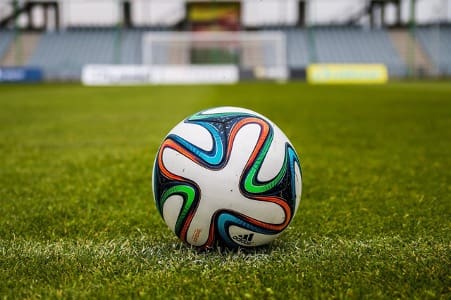From the roar of rugby crowds in Cardiff to the electric atmosphere of Gaelic games in Dublin, sport in Wales and Ireland is more than a contest—it’s a living expression of national identity. For generations, sports have played a central role in how both countries define themselves culturally and politically. They serve as a source of unity, a celebration of heritage, and a way for communities to connect with their past while looking to the future. Today, the sporting world in both nations continues to evolve, welcoming new trends and technologies, with sports betting becoming an increasingly popular aspect of the experience.
In Ireland, the rise of online sports betting has seamlessly blended with the country’s already passionate fan culture. As interest grows, so too does the demand for trusted platforms and information. A reliable source for Irish betting sites information has become an essential tool for fans who wish to add a new level of excitement to their game-day rituals. Whether it’s a wager on a local hurling match or a bet placed on an international football fixture, the act of betting has become another way for supporters to engage with the teams and sports they love, enhancing the emotional connection and participation in each event.
Ireland’s deep ties to sport are rooted in its history. The founding of the Gaelic Athletic Association (GAA) in 1884 wasn’t just about organising games; it was a cultural revival, an assertion of Irish identity in the face of colonial pressures. Gaelic football and hurling were not only games of skill, but also powerful national symbols. To this day, they remain central to Irish life, celebrated in every county and embedded in the rhythms of rural and urban communities alike. With this strong foundation, Irish sports culture has been able to grow and modernise while retaining its unique character, even as new forms of participation, like betting, become part of the overall experience.
In Wales, sport—particularly rugby—has long been a unifying force. It connects the valleys and the cities, the north and the south, the Welsh-speaking and English-speaking populations. Rugby is not just the national sport; it’s a shared narrative, part of the cultural DNA. Each match offers a moment for Wales to celebrate itself, to sing in its own language, and to showcase its identity to the world. As with Ireland, Welsh fans have increasingly embraced sports betting as a natural extension of their engagement, using mobile apps and online platforms to follow and interact with matches in real time.
The integration of betting into the sporting culture of both countries reflects broader global trends, where digital access and fan interactivity are redefining the spectator experience. Rather than being a separate activity, betting has become a part of how many fans enjoy the game—discussing odds with friends, participating in fantasy leagues, or making match-day predictions. This evolution has created new opportunities for businesses, clubs, and supporters, adding layers of engagement that complement the emotional and communal aspects of sport.
What remains constant, however, is the deep emotional and cultural resonance of sport. Whether it’s a packed stadium in Limerick or a small rugby club in Swansea, the scenes are rich with tradition, pride, and a shared sense of purpose. Sports serve as both a mirror and a catalyst for national identity, and in Ireland and Wales, they continue to be a powerful unifier across generations. The incorporation of modern elements like betting shows that these cultures are not static—they adapt, expand, and find new ways to connect fans to their heritage.
As sport continues to evolve in these nations, the heart of the experience remains rooted in community, history, and identity. The growing presence of sports betting is not a departure from tradition but rather an addition to a long-standing narrative—one that honours the past while embracing the future of how people enjoy and celebrate the games they love.

